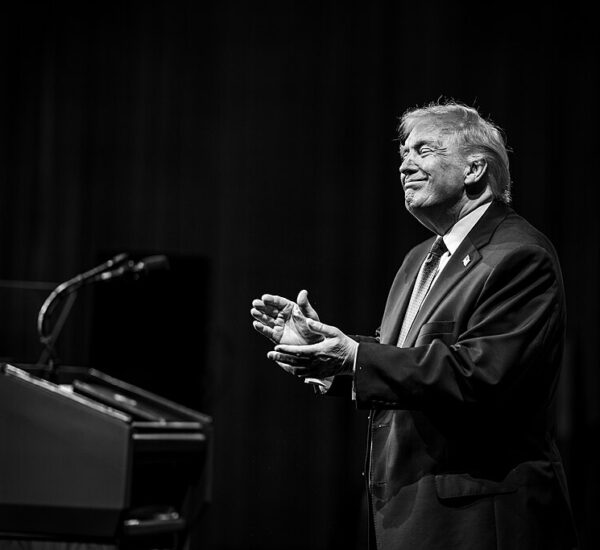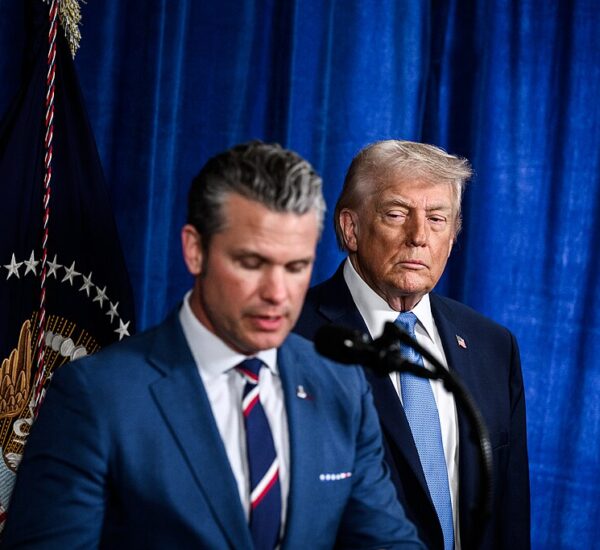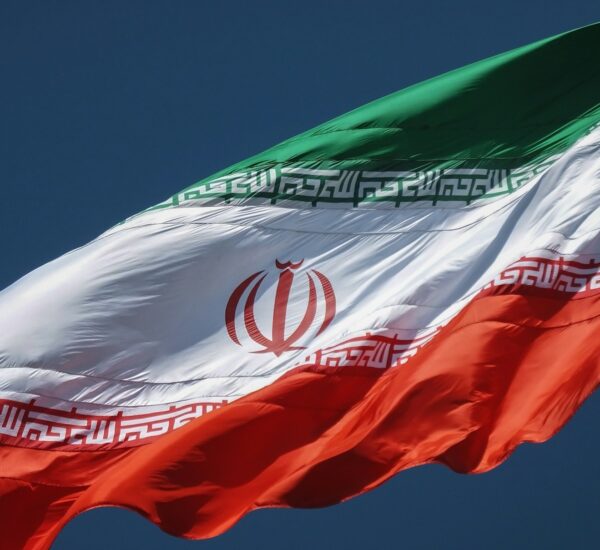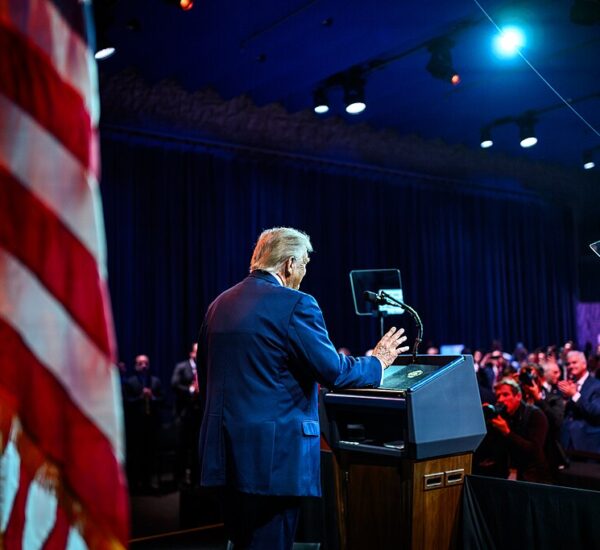Trump’s Orders Egypt And Jordan To Do What?
Former President Donald Trump recently shared his vision for the future of Gaza and the broader Middle East, advocating for a bold shift in how Palestinian refugees are handled. In a candid exchange with reporters aboard Air Force One, Trump suggested that Arab nations, particularly Jordan and Egypt, should take in a significant portion of the Palestinian refugees currently residing in Gaza. He proposed resettling up to 1.5 million individuals in neighboring countries, helping to “clean out” the war-torn region, which he described as a “demolition site.”
Trump, who has long positioned himself as a strong supporter of Israel, also made headlines by reversing his predecessor’s decision to block the transfer of powerful 2,000-pound bombs to the Israeli military. This move, he explained, was motivated by the need to provide Israel with the tools to defend itself, emphasizing that Israel had already purchased the bombs. Trump’s decision to lift the hold on the weapons also marked a sharp contrast with President Biden’s approach, which had sought to limit Israel’s military operations in Gaza to reduce civilian casualties.
When discussing the future of Gaza, Trump expressed frustration with the ongoing conflict and destruction in the region. He called for Arab nations to take a more active role in resolving the issue by offering refuge to displaced Palestinians. Although some might view this suggestion as impractical or controversial, Trump stressed the importance of taking action to rebuild Gaza and create a more peaceful future for its people.
Despite opposition from countries like Jordan, which firmly rejected the idea of resettling Palestinian refugees, Trump remained optimistic about the potential for Arab nations to help alleviate the crisis. He argued that resettling refugees could either be a temporary or long-term solution, allowing Palestinians to live in peace away from the constant cycle of conflict.
This approach highlights Trump’s commitment to strengthening alliances in the Middle East, particularly with countries like Jordan, Egypt, and Israel. As he continues to advocate for his bold vision, the future of Gaza remains uncertain, and his plan underscores the need for new ideas and leadership in addressing the region’s ongoing challenges.







The key word to his deportations is “ILLEGAL”. All of them have broken the law with Biden’s help and do not belong here Send them ALL home or lock them in GITMO for life with out parole.
i was planning to post this:
“Should Trump Also Deport Non-Violent Illegals?”
ILLEGAL is still ILLEGAL!! that means they are ALL criminals and need to be sent back. crime is NOT supposed to “pay”!
however, NavVet’s post says it better.